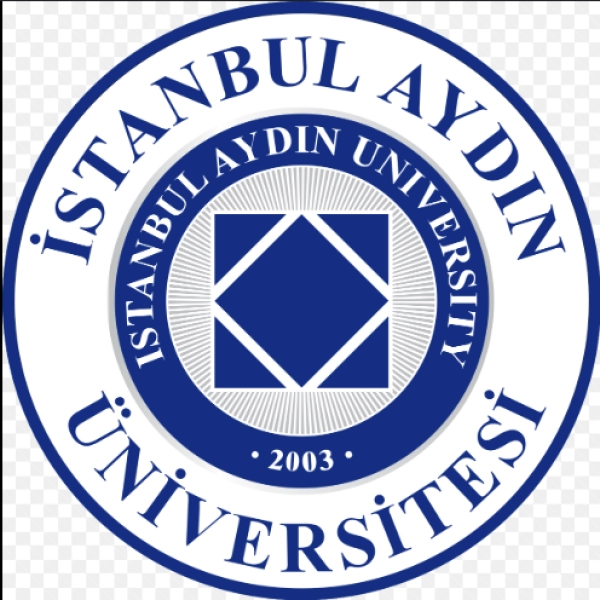Faculty: Institute of Sciences
This major focuses on the principles and practices of ensuring the safety and quality of food products from production to consumption. Students will study foodborne pathogens, contamination control, food regulations, and risk assessment. The program combines theoretical knowledge with practical skills to prepare students for careers in food safety management, quality assurance, public health, and regulatory compliance.
Learning Objectives:
- Understand the principles of food safety and their role in protecting public health.
- Develop skills in identifying and monitoring foodborne hazards.
- Learn techniques for implementing food safety management systems.
- Explore the principles of food microbiology and their impact on food safety.
- Understand the regulatory frameworks and standards governing food safety.
- Analyze challenges and opportunities in the field of food safety.
- Develop critical thinking and problem-solving skills to address contemporary food safety issues.
Main Outline:
- Introduction to Food Safety - An overview of this field, its history, and its significance in public health.
- Food Microbiology - Study of microorganisms affecting food safety, including bacteria, viruses, and parasites.
- Foodborne Diseases - Examination of foodborne pathogens, their transmission, and prevention strategies.
- Food Safety Management Systems - Principles of Hazard Analysis Critical Control Points and other food safety systems.
- Food Regulations and Standards - Overview of national and international food safety regulations and standards.
- Risk Assessment and Management - Techniques for assessing and managing risks in food production and distribution.
- Emerging Trends in Food Safety - Impact of new technologies, such as blockchain and rapid testing, on food safety.
Assessment Methods:
- Laboratory experiments and food safety audits.
- Written assignments and research papers.
- Presentations on case studies related to food safety and risk assessment.
- Participation in group discussions on contemporary issues.
Recommended Textbooks:
- "Food Safety Management: A Practical Guide for the Food Industry" by Yasmine Motarjemi and Huub Lelieveld.
- "Modern Food Microbiology" by James M. Jay, Martin J. Loessner, and David A. Golden.
- "Essentials of Food Safety and Sanitation" by David McSwane, Nancy R. Rue, and Richard Linton.
Prerequisites:
Basic knowledge in biology, chemistry, and microbiology.
Duration:
Four years, combining lectures, laboratory work, and practical projects.
Degree:
Degree in Food Safety, depending on the program.
Target Audience:
Undergraduate and graduate students in food science or public health or related fields, and professionals seeking to enhance their skills. This major prepares students to ensure the safety and quality of food products, utilizing theoretical knowledge, practical skills, and emerging trends to protect public health and comply with regulatory standards.

